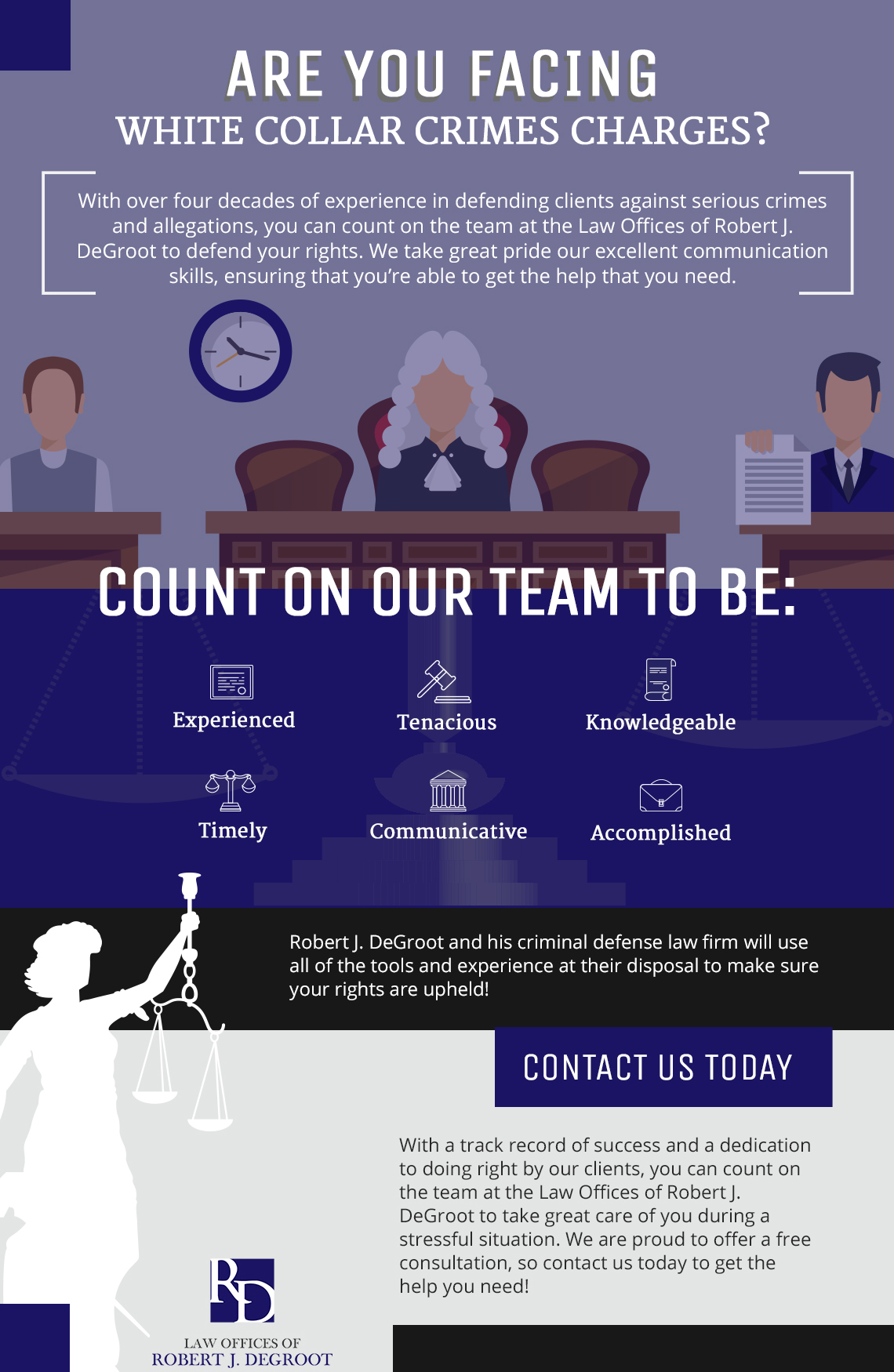Exactly How Criminal Justice Lawyer Prepare For A Test: Inside The Process
Exactly How Criminal Justice Lawyer Prepare For A Test: Inside The Process
Blog Article
Content By-Guy Strand
When you think about the prep work that enters into a criminal trial, it's easy to ignore the comprehensive behind-the-scenes work attorneys engage in. You'll locate that they start by evaluating the case information and collecting evidence, yet it does not quit there. They craft approaches based upon who's commanding the case and that's resting on the jury. As they navigate the intricacies of each trial, they also need to anticipate the prosecution's actions. So, what specific steps do they take to make certain everything aligns flawlessly come trial day?
Case Assessment
When preparing for a trial, a complete case assessment is crucial for any type of criminal justice lawyer. You'll begin by assessing the realities of your case, which sets the structure for your approach. Understanding the timeline of events, determining key players, and identifying potential weak points in the prosecution's debate will help you construct a solid strategy.
Next off, you'll evaluate any existing lawful criteria that can influence your instance. Acquainting on find more information with comparable cases can give important insights right into how courts may translate the law. This knowledge enables you to anticipate challenges and address them proactively.
In addition, you'll want to speak with your client to gather their point of view and ensure their story lines up with the proof. Effective interaction likewise helps build trust, which is critical for a solid attorney-client relationship.
Lastly, take into consideration the effects of different outcomes. This assessment not only prepares you for trial yet additionally permits you to recommend your client on feasible plea deals or alternate resolutions.
Proof Collection
After assessing the case, the following step involves celebration evidence that sustains your customer's protection. This procedure is essential, as the stamina of your case frequently hinges on the quality and significance of the evidence you collect.
You'll begin by identifying prospective resources of evidence, which may consist of witness statements, cops records, security video, and forensic data.
As soon as you have actually pinpointed these sources, you'll need to obtain them legally and morally. This could mean filing requests for documents, talking to witnesses, and collaborating with professionals who can analyze physical proof.
Be extensive in your paperwork; every piece of proof ought to be cataloged carefully to ensure you can reference it quickly during test.
It's likewise important to evaluate the proof for its admissibility. Some products may be compelling but can encounter obstacles in court because of legal policies. You'll intend to expect any type of objections from the prosecution and prepare counterarguments.
Ultimately, keep your customer notified throughout this process. Openness constructs depend on and helps them recognize just how each piece of evidence adds to their protection strategy.
This joint strategy lays the foundation for a strong situation as you move closer to trial.
Trial Method Advancement
Creating a trial approach is important for properly offering your instance in court. You'll want to start by examining the evidence accumulated and identifying essential styles that support your client's position. Consider just how to present the realities in a compelling story that reverberates with the court.
Next, consider your audience. You need to customize your approach based on the discretionary's histories, ideas, and values. This understanding can assist just how you frame your disagreements and pick which evidence to highlight.
It's likewise critical to expect the prosecution's method. Identify possible weaknesses in your situation and develop counterarguments to resolve them proactively. Think about what concerns jurors might have and be prepared with clear, succinct responses.
When you've established your core disagreements, practice supplying them confidently. Simulated tests can be beneficial for fine-tuning your presentation style and assessing the performance of your approach.
Lastly, stay adaptable throughout the trial. Prepare to adjust your strategy as brand-new proof or growths develop, guaranteeing you remain focused on accomplishing the very best result for your customer.
Final thought
In getting ready for trial, you need to stay arranged and positive. By completely examining the case, collecting strong proof, and crafting a critical approach, you'll set yourself up for success. Bear in mind, flexibility is crucial; be ready to adjust as the test proceeds. With effective communication and practice with simulated tests, you'll be fully equipped to respond to any type of obstacles that occur. Eventually, your preparation can make all the distinction in achieving a desirable end result for your customer.
